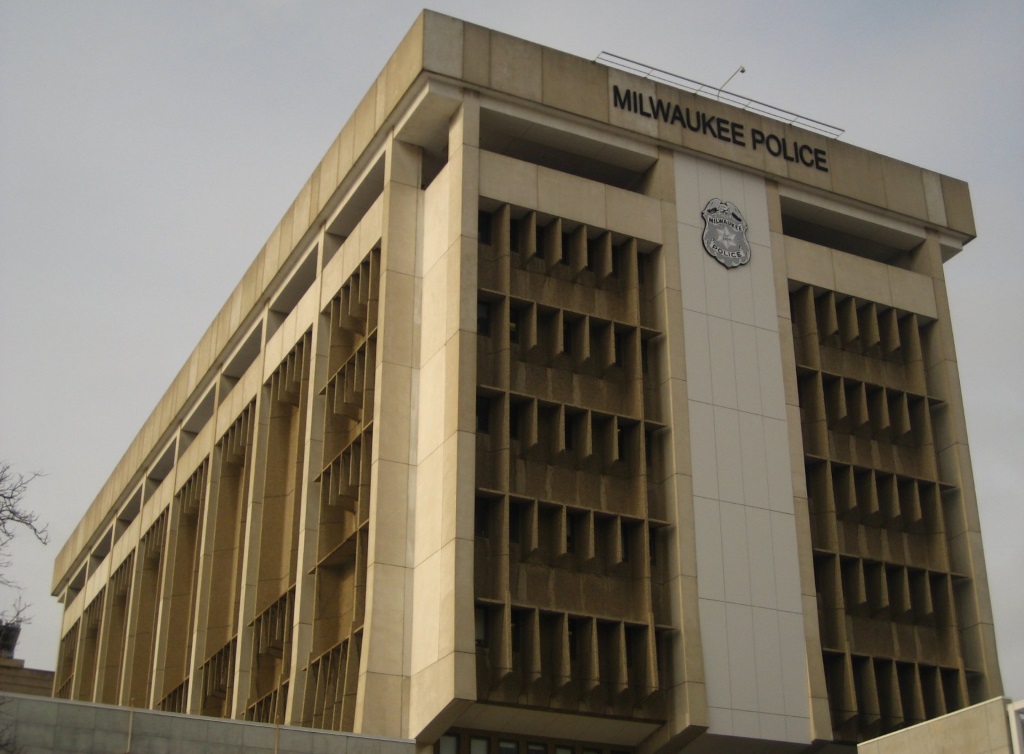Black City Residents Still More Likely to Be Stopped, Frisked by Police
Report finds Black drivers 4.5 times more likely to get stopped than white drivers.
Five years after a historic $3.4 million settlement over the Milwaukee Police Department’s stop and frisk practices was reached, a report released Monday found Black Milwaukeeans still face higher rates of police stops.
The report from the Crime and Justice Institute found that Black drivers in Milwaukee are 4.5 times more likely to get stopped by police than white drivers and more than twice as likely to be frisked after a stop.
The findings come after a settlement was reached with the Milwaukee Common Council in 2018, which looked at the Milwaukee Police Department’s stop and frisk policies from 2010 to 2017. In the lawsuit, the American Civil Liberties Union of Wisconsin claimed the department disproportionately stopped people of color without “cause or suspicion.”
“The disparities that started this lawsuit and started the litigation in the first place remain,” said Jon Dougherty, an attorney with Gilbert LLP and counsel for the ACLU of Wisconsin.
The agreement requires the Milwaukee Police Department and Milwaukee’s Fire and Police Commission to release stop and frisk data regularly to the public and use an independent consultant to evaluate if the city, police department and commission are making programs to implement reform.
The data released Monday found that the department conducted an estimated 31,081 traffic stops in 2022 and 1,212 field interviews. Of those encounters, 225 involved frisks.
The differences in frisk rates were the most racially disparate of any, the report said, with the frisk rate for Black subjects more than eight times higher than the frisk rate for white subjects.
Dougherty does believe progress has been made since the settlement was reached, and he said more work still needs to be done.
“There are clear differences in the experiences of Black residents of Milwaukee as opposed to those in other racial groups,” Dougherty said.
“This continues to be troubling. It is persistent and it demonstrates how difficult it is to change cultures within large institutions like the police department,” he added.
Dougherty said the requirements of the settlement will remain in place to monitor the department’s numbers.
The ACLU sued the department on behalf of Charles Collins and five other plaintiffs who were stopped by police on at least one occasion from 2010 to 2017. The ACLU claimed the department targeted tens of thousands of people without reasonable suspicion of criminal activity and that there were significant disparities between the rates that police stop black and Latino residents compared to white residents.
“While the settlement agreement will persist until the city reaches full compliance, it is important for all of us to recognize that our vision for public safety in Milwaukee must focus on investing in strong communities and addressing root causes of harm,” said Dr. Melinda Brennan, executive director of the ACLU of Wisconsin.
In 2020, former Milwaukee police chief Alfonso Morales said the department was still changing policies and training officers on new documentation procedures. A request for an interview was not granted by a public information officer Monday.
The settlement calls for several policy and training changes in the department, many of which have already been reached, according to another recent report. That’s encouraging to Leon Todd, the executive director of the Milwaukee Fire and Police Commission, the civilian oversight board of the police department. Todd said the department has taken “a lot of steps forward” since the 2018 settlement.
He also believes more analysis will help determine what’s driving the racial disparities, so the department can address them in the future.
“Both the FPC and the Milwaukee Police Department have committed to conducting additional analysis so that we better understand what’s really driving the racial disparities that are identified in the report and where and why they’re occurring,” Todd said, “so that we can have that data, that analysis to better understand that information and look for ways to improve on thighs going forward.”
Report finds Black Milwaukee residents still more likely to be stopped and frisked by police was originally published by Wisconsin Public Radio.























Racial profiling and unwarranted stops by police continue to be a huge problem in Milwaukee (and elsewhere) when it appears ‘you do not belong’ in that area. Unfortunately, with qualified immunity, law enforcement can say and do whatever they want, whenever they want and get away with it. Until we eliminate qualified immunity, our citizens of color are at risk.
I tested this myself by changing my license plate to one that leads one to think I am Black. With my former car, you cannot see who is in the drivers seat as it rides low and the headrest covers the driver, I was stopped continuously for no reason. Much to the shock on the face of the officer coming up to the car, they tried to offer a flimsy excuse–and I wasn’t speeding.
I even received tickets or warnings for a tail light that when I returned home and checked was never out at all.
Driving while Black (or brown) continues to be a huge problem.